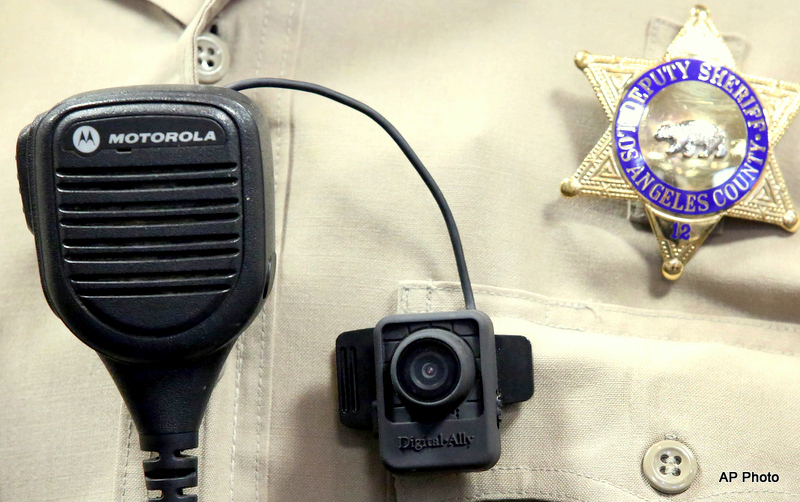
North Carolina has been the scene of recent riots and protests as the public calls for accountability in the police shooting of Keith LaMont Scott. After initially fighting the release of body camera footage, Charlotte-Mecklenburg Police Chief Kerr Putney reluctantly allowed the public to see the shooting with their own eyes. Beginning October 1, Chief Putney and other North Carolina law enforcement will now legally be able to deny the public access to body camera and dash cam footage.
North Carolina Governor Pat McCrory signed a bill two months ago that would limit public access to police footage. The law has been supported by the North Carolina Sheriffs’ Association. Governor McCory argued that the bill would respect “the constitutional rights of the officer.”
Currently, dash camera footage from the police vehicle and body camera footage are public record and available via public record requests. However, beginning October 1 the law will state that the release of police footage will now depend solely on law enforcement. If requests for footage are denied by law enforcement an appeal could be made before a judge.
Obviously, this does not bode well for police accountability activists who typically seek to make such footage public following altercations or shootings. North Carolina police are likely to deny any footage that would incriminate an officer or upset the public.
The focus on police abuse, and an increase in citizen recordings of police encounters has created a situation where law enforcement are often resistant to releasing their videos. The growth of body cameras has also caused a patchwork of rules and regulations related to the release of body cam footage. CNN reports that at least 19 states and the District of Columbia have passed laws on public access to police body camera footage, according to the Reporters Committee for Freedom of the Press and the National Conference of State Legislatures.
The North Carolina law is only the latest example of the law enforcement working to limit transparency and accountability. This is why it is important to remember that the fight against police violence and abuse should not simply be about requiring police to wear cameras. The goal should not be reformism but the complete eradication of systematic violence and the public acceptance of such violence. By creating and promoting alternatives to traditional policingwe can create something much more powerful, and responsible to our communities.
We have to go further than body cameras and remove ourselves from the system of taxation that allows the police, who are themselves the enforcement arm of the State, to continue to function and thrive despite continuing to abuse and violate the people they are sworn to protect. We can remove ourselves from this Matrix and build a better world that is not based on theft and violence. We can create a world where the police as we know them today are no longer necessary.
![]() This work by ActivistPost.com is licensed under a Creative Commons Attribution-NonCommercial-ShareAlike 4.0 International License.
This work by ActivistPost.com is licensed under a Creative Commons Attribution-NonCommercial-ShareAlike 4.0 International License.

